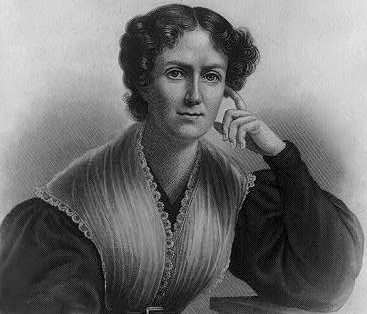Martin F. Tupper wrote Proverbial Philosophy: A Book of Thoughts and Arguments. It is a long series of didactic moralisings in blank verse and is said to be "prose cut up into suitable lengths." It epitomized the moral and evangelical spirit of the mid 19th century.
Proverbial Philosophy is similar to Leaves of Grass in that they are both written in free verse and they somewhat didactic. All of Tupper's works start with Of (some idea), "Of Truth in Things False", "Of Anticipation", "Of Education", "Of Pride." Similar to how Walt titles his poems, "Song OF myself" or "Song FOR Occupations." The title of the poem directly relates to the poem itself. That might be something just of the period, but it it shows the reader what they can expect while at the same time being direct and confident about their work. The authors, Tupper and Walt, could be using this as a strategy to preach. There is a review written anonymously that also thinks the two are similar. From "Walt Whitman's Poems." The Literary World, the critic writes, "The chaos of Mr. Whitmna's verse, to compare great with small, reminds us of the gray clay bluffs of Truro Beach. Would it were as clean! In form he reminds us of Martin Farquhar Tupper."
I also found an excerpt from "Of Education" by Tupper to be fairly similar to some thing's Walt has said. From "Of Education",
"mother, let him learn of thy lips, and be nourished at thy breast. character is mainly moulded by the cast of the minds that surround it: let then the playmates of thy little one be not other than thy judgement shall approve; for a child is in a new world, and learneth somewhat every moment, his eye is quick to observe, his memory storeth in secret..."
This reminds me of a mix between "Song of Myself" and "Song for Occupations." The description of the lips and breast remind me of the part in "Song of Myself" where he is talking about the tongue. The education of a child and how he/she grows up reminds me of "Song for Occupations."

